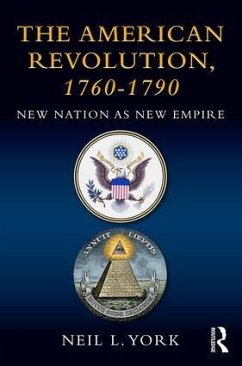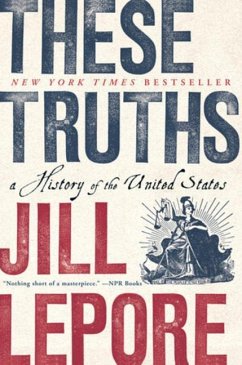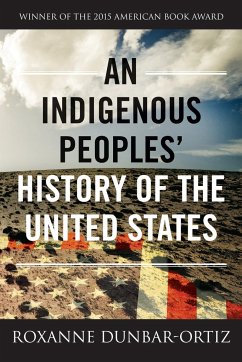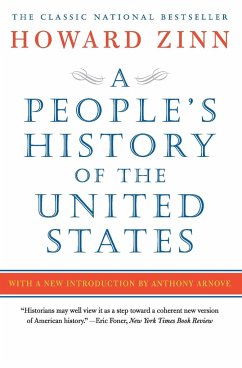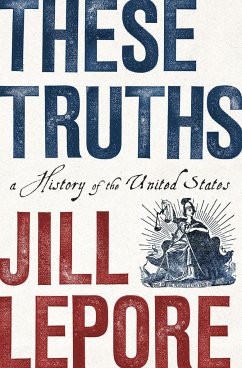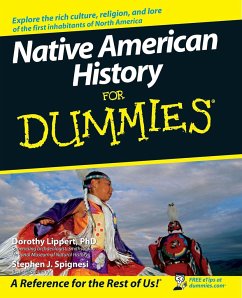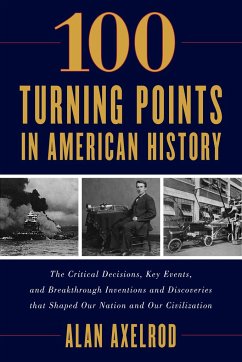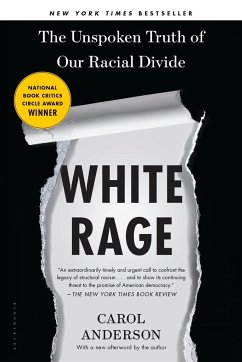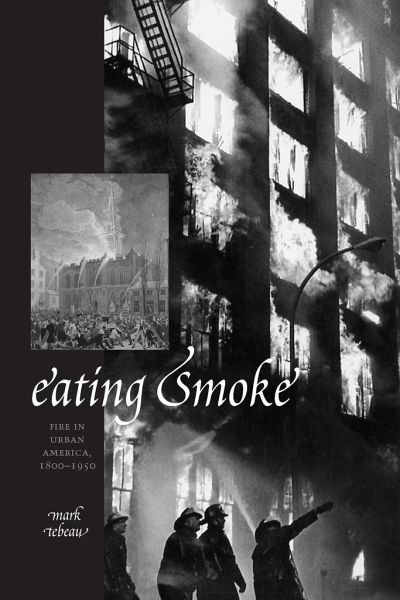
Eating Smoke
Fire in Urban America, 1800-1950

PAYBACK Punkte
23 °P sammeln!
During the period of America's swiftest industrialization and urban growth, fire struck fear in the hearts of city dwellers as did no other calamity. Great conflagrations left major cities in ruins, and the hazard only intensified as urban centers grew taller and more populous. Mark Tebeau shows how the changing practices of firefighters and fire insurers shaped the built landscape of American cities, the growth of municipal institutions, and the experience of urban life. Drawing on a wealth of fire department and insurance company archives, he contrasts the invention of a heroic culture of fi...
During the period of America's swiftest industrialization and urban growth, fire struck fear in the hearts of city dwellers as did no other calamity. Great conflagrations left major cities in ruins, and the hazard only intensified as urban centers grew taller and more populous. Mark Tebeau shows how the changing practices of firefighters and fire insurers shaped the built landscape of American cities, the growth of municipal institutions, and the experience of urban life. Drawing on a wealth of fire department and insurance company archives, he contrasts the invention of a heroic culture of firefighters with the rational strategies of fire underwriters."In his ambitious and detailed new book, Eating Smoke, Tebeau sets out to explain the role of two largely undocumented actors?firemen and insurance men?in analyzing, managing, and attacking urban fire... Tebeau's study vigorously opens the way for scholars looking to make sense of the city in the midst of an era of uncertainty and risk."? Enterprise and Society"A rich and highly informative work that deftly uses the 'problem' of urban fire to cast light on a wide array of turn-of-the-century transformations."? American Historical Review"Tebeau develops an interwoven story of gender, class, culture, and technology: contrasting the heroics of working-class firefighters with the rational order of middle-class fire underwriters... An engaging narrative and a fascinating story."? EH.Net






